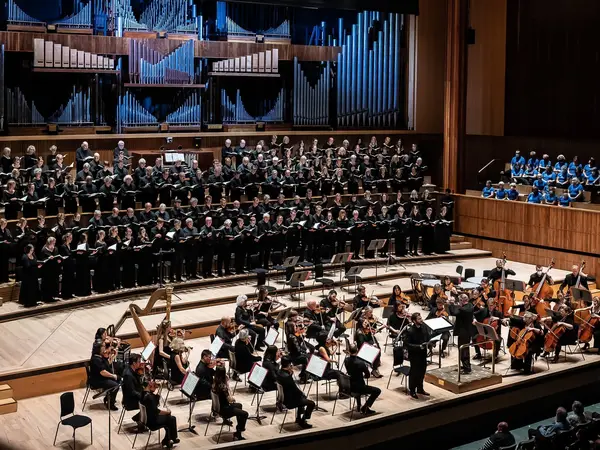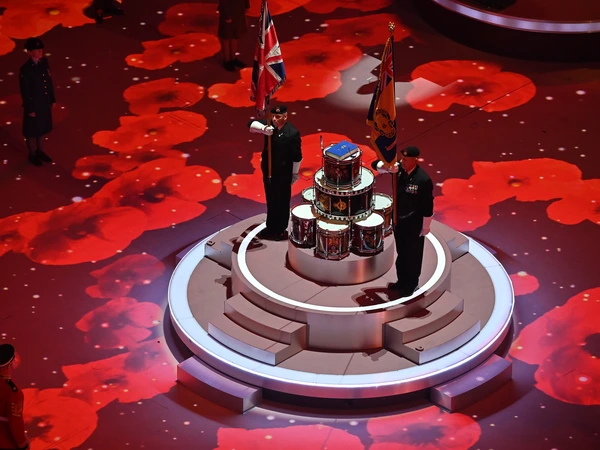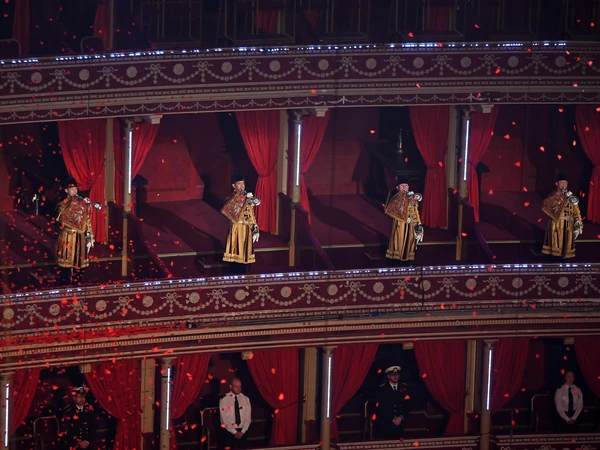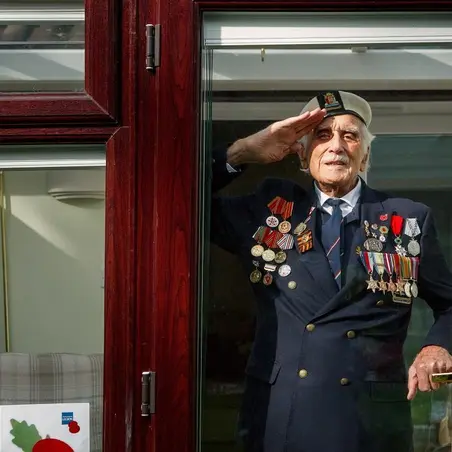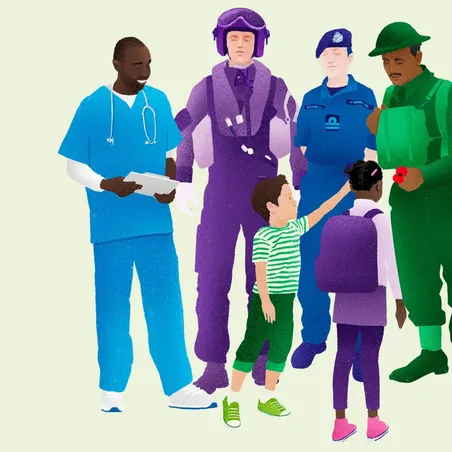This is my first Festival of Remembrance as your National President, and it’s a huge privilege to join you in honouring our Armed Forces community.
For more than a century, the poppy has been an enduring symbol of Remembrance and support for our Armed Forces community. This year, the Royal British Legion is incredibly proud to launch its new plastic-free poppy, made entirely from paper, and it is wonderful to see so many people wearing theirs with pride.
This Festival, we pay tribute to the two million National Servicemen who served in the post-war years up until 1963. Hundreds lost their lives, particularly during the Korean War, and we mark 70 years since the end of the fighting.
We also acknowledge the unique contribution of the Windrush Generation, 75 years after the arrival of HMT Empire Windrush, which is symbolic for the settlers from the Caribbean who helped rebuild Britain. We honour too those who served in the Battle of the Atlantic 80 years ago, the longest campaign of the Second World War.
As exemplified by the participants of the Invictus Games, we also salute the courage and resilience of those fighting back from horrible injury or vulnerability and of the families, friends and carers alongside them. Finally, as we celebrate the bravery, dedication and service of our Armed Forces, we remember the fallen, those who have suffered and the families still grieving.
Your support remains as vital as ever. Thank you so much.
Vice Admiral Sir Clive Johnstone KBE CB

Presented by Clare Balding CBE, the Festival will feature
- The Orchestra of the Household Division
- The Countess of Wessex’s String Orchestra
- String Ensemble of the Royal Marines Band Service
- The Royal Air Force Salon Orchestra
Under the direction of
- Lieutenant Colonel David Barringer MBE, Commanding Officer, The Bands of the Household Division
The Festival Chorus
- The Bach Choir
The Service, led by
- Reverend Scott Brown CBE, National Chaplain to the Royal British Legion
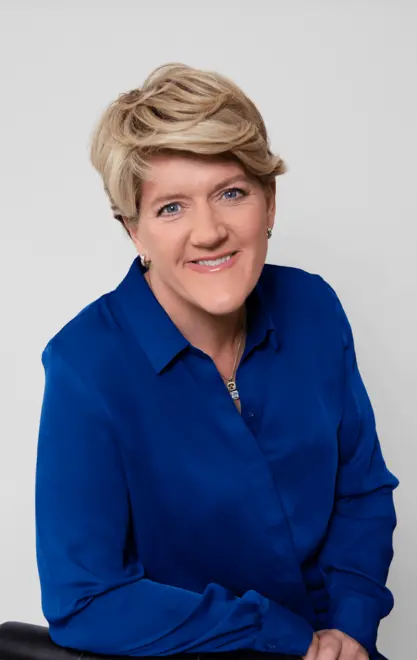
Clare Balding CBE
The Programme
Entry of the Standards
- Represented Standard Bearers of the Royal British Legion
Cadet Banner Bearers
- Sea Cadet Corps Banner
- Combined Cadet Corps Banner
- Army Cadet Force Banner
- Air Training Corps Banner
Ex-Service Associations’ Standard Bearers
- Royal Naval Association
- Royal Air Force Association
- Royal Marines Association
- Artillery Clerks’ Association
- British Korean Veterans’ Association
- National Service Veterans’ Association
- Royal Tank Regiment
- Fighting With Pride
The Entry of the Standards will be accompanied by organist Peter Crompton
Arrival of Their Majesties The King and Queen
The Tri-Service Drummers perform On Her Majesty’s Secret Service
Remembering National Service and the Korean War
Some of the service personnel who served in the Korean War share their experiences at the Festival: Brian Parritt, Mike Mogridge and Colin Thackery joined by Brian Hamblett, Trevor John, Ken Keld, Tony White and Ron Yardley.
This year marks 70 years since fighting in the Korean War came to an end. The Korean War (1950–1953) saw British and Commonwealth forces answer the call of the United Nations to support South Korea, which had been invaded by its neighbour to the north. Altogether, some 81,000 members of the British Armed Forces served. Casualty rates were high, with more than 1,100 British killed and 2,500 wounded.
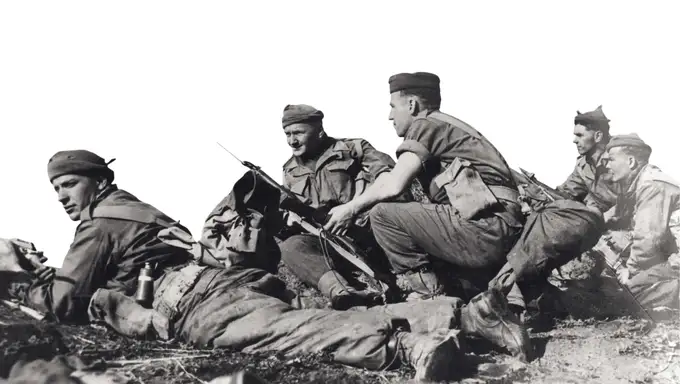
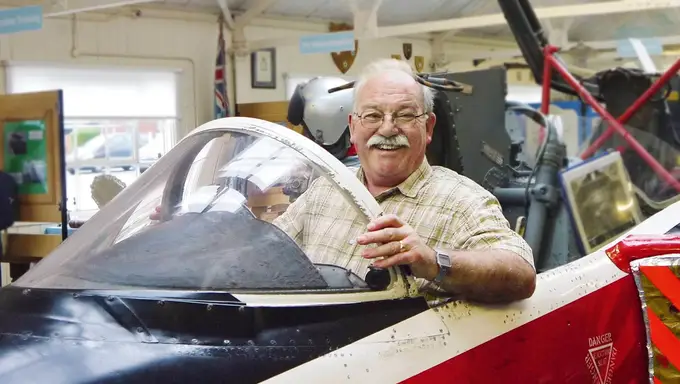
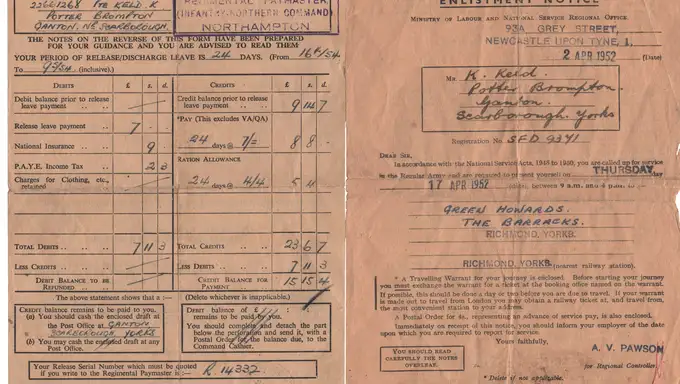
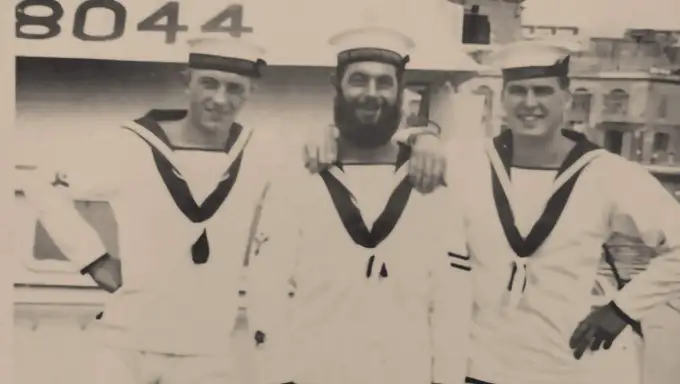
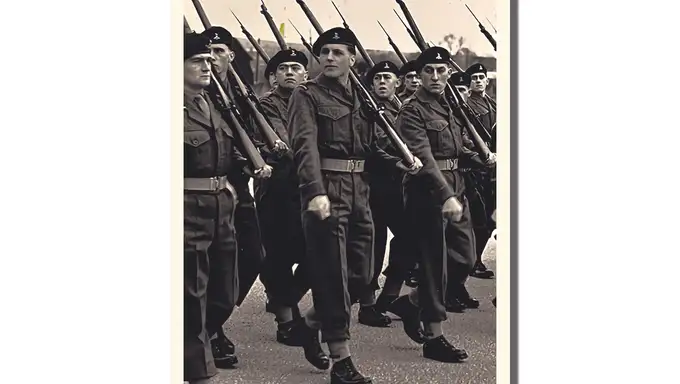
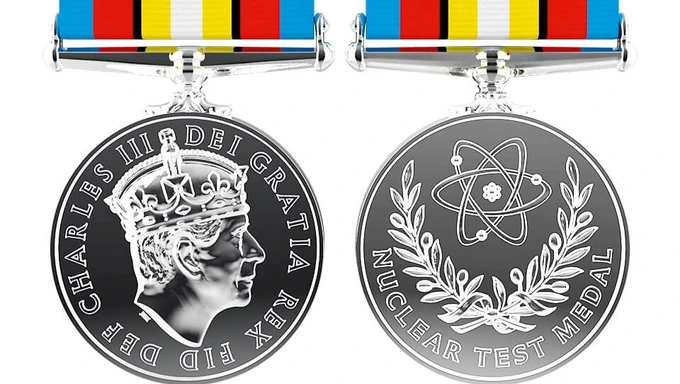
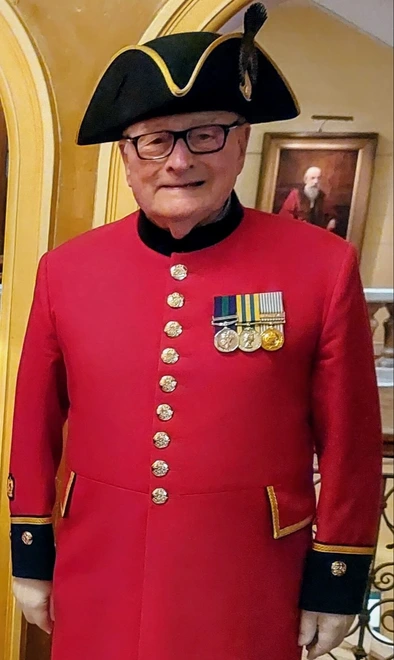
Colin Thackery performs Arirang
Entrance of the In-Pensioners from the Royal Hospital Chelsea
RAF display
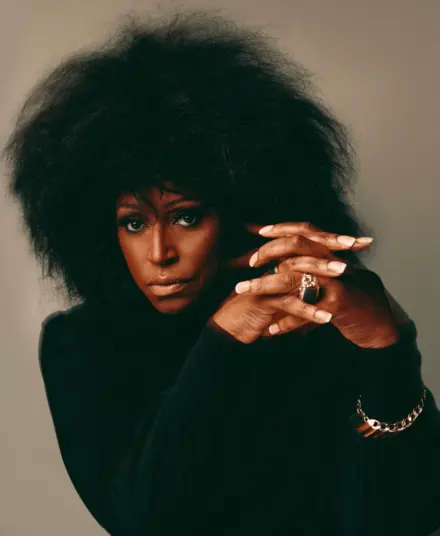
Mica Paris performs (Something Inside) So Strong, accompanied by the Soul Sanctuary Gospel Choir
Windrush 75: Their lasting legacy
The Windrush Generation helped rebuild Britain in the post-war decades. We mark their service 75 years after the ship HMT Empire Windrush crossed the Atlantic.
During the Second World War, some 16,000 Black Caribbean men and women volunteered to serve. After the end of the war, around 3,000 decided to stay and help rebuild Britain. During the post-war years in the Caribbean, unemployment and economic difficulties led many others to reconsider their future and look to the UK, where there were major labour shortages.
The passengers who disembarked HMT Empire Windrush at Tilbury Docks on 22nd June, 1948 became symbolic of the generation of Caribbean men and women who settled in the UK over the post-war years and who played a key role in reshaping British identity and culture. More than 100 of the passengers on the Empire Windrush were current or former Caribbean Armed Forces personnel. Many more settlers went on to serve in the Armed Forces, while others joined the newly founded NHS.
This year, the Royal British Legion has partnered with the National Windrush Museum to celebrate the connections between the Armed Forces and the Windrush Generation and their descendants. These individuals have often faced obstacles in the UK beyond the challenges of their jobs, and we continue to honour them and help tell their stories.
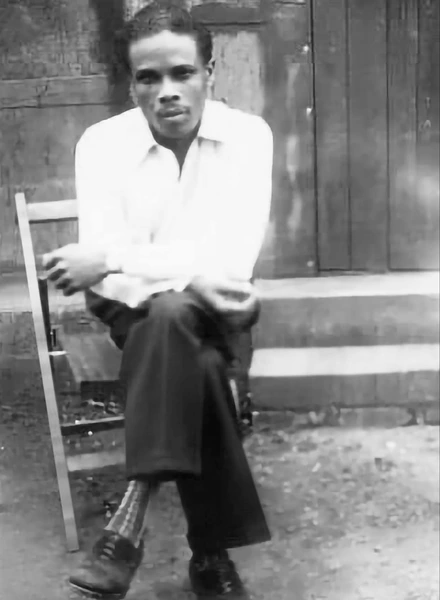
Keeping it in the family
One of the young men on board Empire Windrush was Joshua Westmaas, aged 28, from the mainland Caribbean country British Guiana (now Guyana). When he arrived in London, his first digs were in an air-raid shelter under Clapham South tube station that had been converted to provide temporary housing and food. Two weeks later, Joshua found a flat on the Old Kent Road and became a car mechanic. He would eventually work as a chauffeur for the British High Commission to Ghana.
This wasn’t the first time Joshua had been to the UK – he had already volunteered to serve in the Second World War, as had five of his cousins – brothers Denis, Douglas, Donald, David and Rory. Later, some of the family would settle in the UK as part of the Windrush Generation.
The brothers’ father George had married Winifred in 1910 and they raised a total of eight boys in Georgetown, British Guiana. Denis, the eldest of the brothers, joined the Army along with Douglas. Donald joined the Home Guard in London, and both David and Rory joined the RAF, together with their cousin, Joshua. Although Rory was the youngest, he was also the tallest and lied about his age – when he enlisted in 1940, he was only 14.
Brothers Patrick, Leonard and Rupert remained in British Guiana during the war, but each held a position that contributed to the war effort, with Patrick working for one of the leading sawmills that provided much-needed lumber. His son Rod says: “My family was regarded in British Guiana as the family that contributed most to the Second World War, both in their individual contributions and collectively. They used to be called The Band of Brothers.”
On 14th February, 1942, Douglas, aged 23, was serving in the Royal Signals. He was killed when his ship was torpedoed off the coast of Singapore, just before the city fell to the Japanese.
At the end of the war, both Rory and his cousin Joshua returned to British Guiana, but in 1948, Joshua travelled back to the UK on Empire Windrush. In 1955, after becoming disillusioned with his membership of the People’s Progressive Party in British Guiana, Rory left the party and decided to return to the UK too, going on to become a member of the Royal Institute of British Architects (RIBA), a professor of architecture and a town planner.
Rod arrived in the UK with his parents in 1958, at the age of two. As part of the Windrush Generation, he is immensely proud of his family’s legacy. “It gave me a sense of belonging, of contribution,” he says. “Whenever celebrations of their achievements come around, I proudly represent them, and I feel that never shall we forget.”
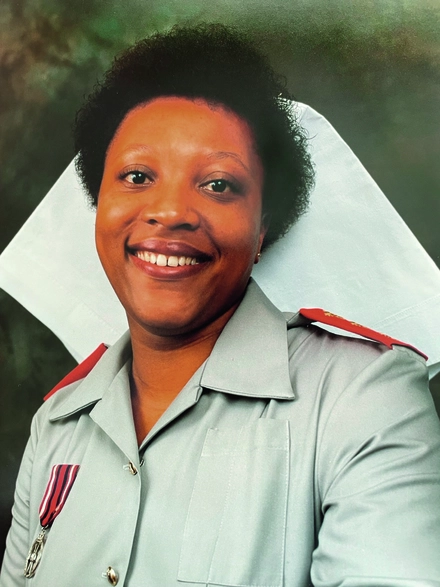
A story that needed to be told
When Sue Liburd was considering a career, her first instinct was to follow in the footsteps of her mother, Linda Monica, who worked as a nurse. Linda, part of the Windrush Generation, had come to the UK from Jamaica in an NHS recruitment drive.
Sue trained as a Registered General Nurse, a Registered Mental Health Nurse and a Registered Midwife, but in 1987, she decided to go into the Armed Forces. Her father, Austin Franklin, had come to the UK from the Caribbean island of Nevis as part of the National Service recruitment drive and served in the RAF as a Vehicle and Mechanical-Equipment Technician. At the end of his National Service, he decided to remain, and by the time of his death in 1974, he was a Sergeant.
“I’d grown up in the Armed Forces, and my younger brother, Michael, now a Falklands veteran, was serving in the Royal Navy,” says Sue. “But I wanted to make my own mark, and I thought, ‘We haven’t had a Liburd in the British Army, so that’s the one for me.’”
Sue was commissioned into the Queen Alexandra’s Royal Army Nursing Corps and served for seven years. When she left in 1994, she held the rank of Captain. Today, Sue works in various roles, including Deputy Chair of the NHS England Armed Forces Public Patient Voice Advisory Group, where she aims to “help the NHS understand the needs of specific communities – ethnic minorities and women who have served in the Armed Forces”.
Sue is also a Director of the National Windrush Museum, which she has been involved in since its inception two years ago. “The Home Office passport and residency scandal in 2018 profoundly upset me,” she says. “It exposed how little some people in Britain understood about the contribution of people from the Caribbean, and also how they didn’t recognise that we were invited, so I felt our story needed to be told.”
The National Windrush Museum is now documenting the impact that Caribbean migration has had on Britain by highlighting the achievements and contributions of Windrush pioneers, including their predecessors as well as their descendants.
“It’s really important that the next generation is seeing imagery of Black people who have served so they can say, ‘Actually, this is my culture, this is my history.’”
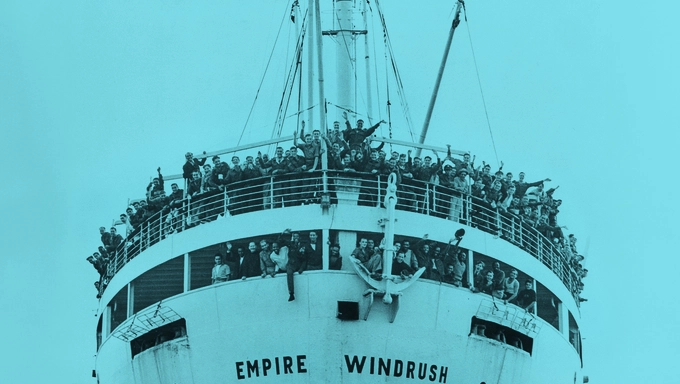
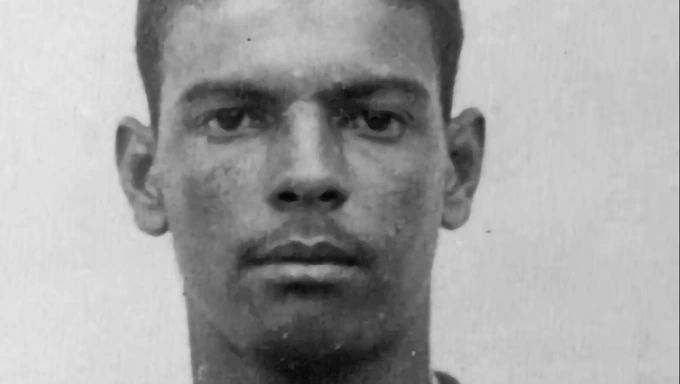
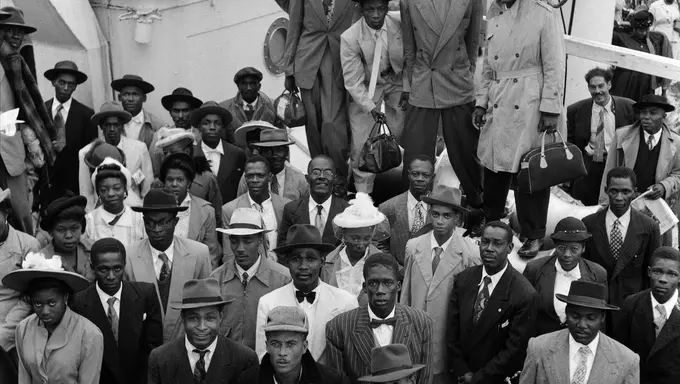
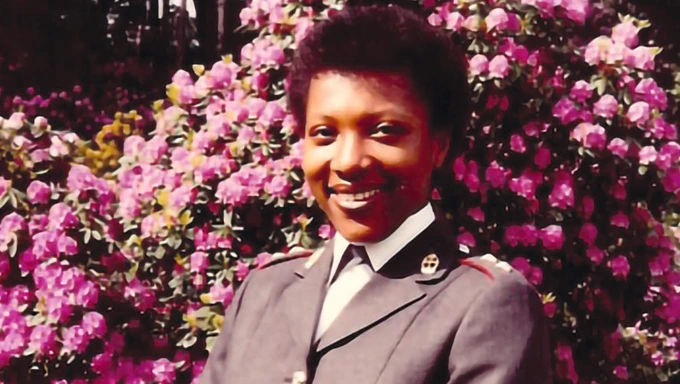
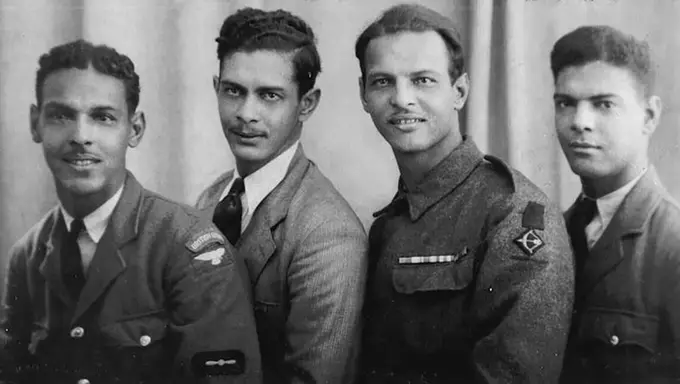
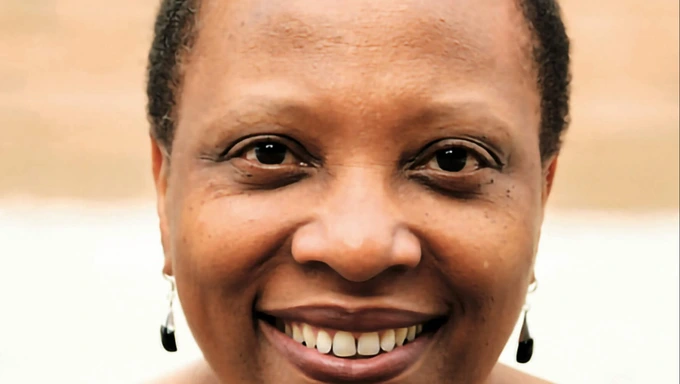
Invictus Games
Chris Anslow | Clare Gibson | Allan McSween

Sigma perform Adrenaline Rush featuring Morgan, to accompany dancers from Stopgap Dance Company
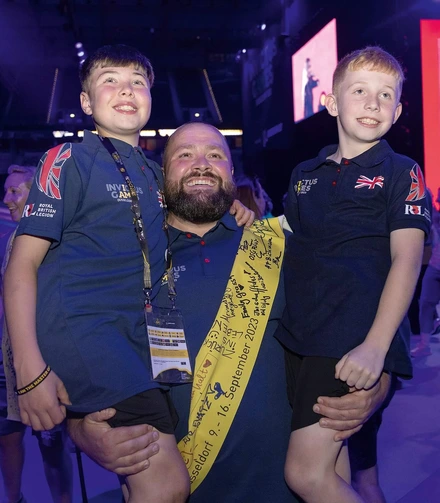
"It's been epic"
This year’s Invictus Games was a triumph for all involved, from the participants achieving personal bests to the people cheering them on.
The Invictus Games is an inclusive multi-sport event that brings together wounded, injured and sick veterans and serving personnel from across the globe. Established by the Duke of Sussex in 2014, the event focuses on sport to support physical and mental recovery and instil confidence and self-belief.
The Royal British Legion has been at the forefront of recovery through sport since it founded the Battle Back centre in 2011, which helps hundreds of people every year through adaptive sports, adventurous training courses and wellbeing initiatives. So the charity was ideally placed to partner with the Ministry of Defence for the 2023 Invictus Games. The RBL has helped the friends and families of participants since 2016, and this year took on a far greater role, becoming responsible for the full delivery of Team UK to Düsseldorf in September. The charity has also committed to supporting Team UK once again in Canada in 2025.
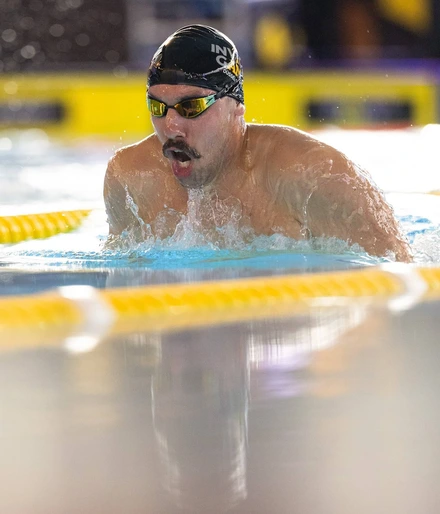
Supporting Team UK
Team UK’s 59 participants were selected in February. The RBL set up training camps and coaching for each of the ten sports, including athletics and powerlifting, and accompanied the athletes to Germany. Recovery-support staff were available for mentoring, and the RBL continued to assist friends and family as well as provide welfare support, ensuring everyone involved could benefit from the experience.
And what an event it was. Members of Team UK gave their all in front of a cheering crowd. For RAF veteran and amputee Rich Davies, who competed in archery and swimming and won four gold medals, it was a chance to thank his wife and children for their support. “It’s for my family. I want to show my kids that everything is still possible.”
Kelly McVitty, who was medically discharged from the RAF due to a debilitating nerve injury, echoes this sentiment: “It’s so inspiring. It’s about showing the world what you can do in spite of your disability. Amazingly, I got myself a gold medal [in women’s 50m breaststroke, as well as two for cycling]. I’m chuffed to bits. Just to have the support of friends and family – they are the backbone, and without them, we would not be here.”
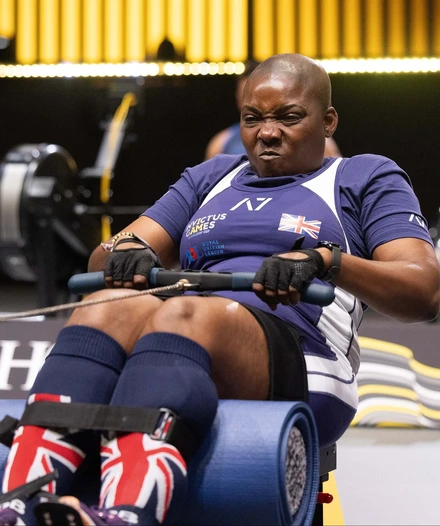
Personal achievements
Camaraderie and friendship were also paramount. “We’ve really bonded as a team. We’ve got each other’s backs and I couldn’t be any more grateful for them,” says former RAF Logistician Lynsey Kelly, who took part in swimming and archery. “Being out here, centre stage, showcasing that I’ve been able to achieve something: it’s phenomenal. I don’t often say I’m proud of myself, but today I got three personal bests, and I’m really proud.”
Army veteran Scott Robertson, who was diagnosed with complex PTSD, made it through to the semi-finals in sitting volleyball, and perfectly sums up the spirit of Invictus: “Just being here and even getting through to a bronze-medal match and losing – to me, it doesn’t matter. It just matters that I’ve had this experience with these amazing men and women. It’s been epic. Being able to walk out in front of a crowd – that was so difficult even just a week ago, but I can do it now because I’ve gained such confidence from being here. I can clap and I can cheer, and I can semi-cope with the noise, and that’s what this recovery is all about.”
Royal Navy veteran Kenetha ‘Frankie’ Franklyn achieved her personal best in indoor rowing: “I came here to do my best and I did just that. I want everyone to know that limitation is just a word. Surround yourself with supportive people. The RBL team, my Team UK – we are family.”
Tribute to the Bereaved
Remembering Corporal Matthew Cornish
Members of the Cornish family speak about Corporal Matthew Cornish
Entrance of the Bereaved Families
Independent UK chorus The Bach Choir is renowned for performing the very best in choral music since 1876. The choir performs regularly in London’s top concert halls and churches, with the world’s leading orchestras and soloists. Its wide repertoire ranges from Bach, Mozart and Verdi to today’s contemporary composers. Part of the choir’s charitable aim is to add to the choral tradition for future generations. Now directed by David Hill MBE, its musical directors have included Ralph Vaughan Williams and Sir David Willcocks, and the common thread has been the passion and pursuit of excellence.

Katie Melua performs Fields of Gold
Battle of the Atlantic
A special tribute to veterans of the Battle of the Atlantic:
Tony Cash | John Davies | Robert Hardy | Dennis Jones |
Christian Lamb | Ron Quested
The Band of His Majesty's Royal Marines perform Shiver Me Timpanis
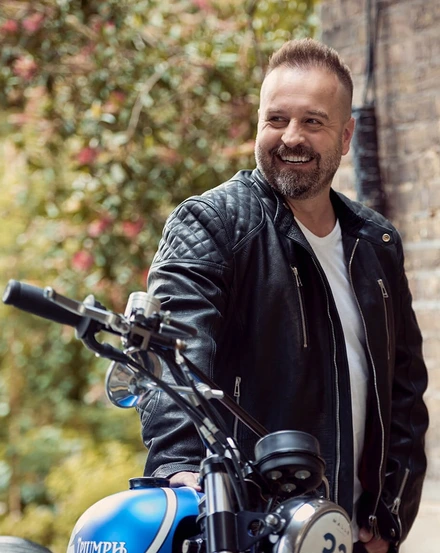
Drum Laying: Alfie Boe performs Bring Him Home
Muster
-
Muster: The Royal Navy
HMS Heron, HMS Seahawk, HMS Drake, HMS Excellent, HMS Collingwood, HMS Raleigh, 815 Naval Air Squadron, 825 Naval Air Squadron, HMS Nelson, MIXG, CSF, HMS Neptune, HMNB Devonport, HMNB Portsmouth, Institute of Naval Medicine, Submarine Service
-
Muster: The Army
Nijmegen Company Grenadier Guards, 9 Regiment Royal Logistic Corps, Army Legal Service, Queen Alexandra’s Royal Army Nursing Corps (QARANC), 256 Field Hospital, 21st Signal Regiment, 2nd Battalion Royal Irish Regiment, The Queen’s Own Yeomanry
-
Muster: The Royal Air Force
RAF High Wycombe, RAF Coningsby, RAF Brize Norton, 612 Aeromedical Evacuation Squadron, The King’s Colour Squadron, RAF Cranwell, RAF Halton, RAF Honington, RAF Leeming, RAF Lossiemouth, RAF Marham, RAF Northolt, RAF Odiham, RAF Waddington, RAF Wittering, RAF Wyton, Royal Auxiliary Air Force, RAF Volunteer Reserve, University Air Squadron
-
Muster: Merchant Navy
-
Muster: Royal British Legion
Poppy Collectors, RBL Volunteers, Poppy Factory, Royal British Legion Industries
-
Muster: Civilian Services
Police Service, Fire Service, Ambulance Service, The British Red Cross, St John Ambulance, St Andrew’s First Aid, Defence Medical Welfare Services, HM Prison Service, Greenfinches
Book of Remembrance
The Jones Family, PO Stuart Jones, Carina, Hanna and Alice
Accompanied by recently reunited Royal Navy families
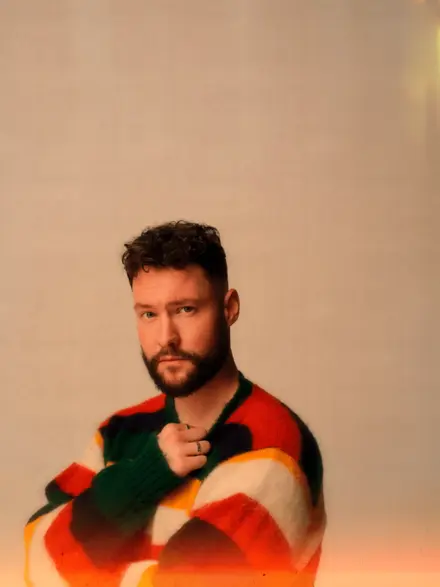
Calum Scott performs You Are The Reason
Reflection on Remembrance
Second World War Merchant Navy veteran Ron Quested
Windrush descendant Rev Michael King
Army LGBT+ Network Sgt Sarah O’Connor
Daughter of Corporal Matthew Cornish, Libby Cornish
The Service
Hymn
Dear Lord and Father of Mankind
Words by John Whittier and music by Charles Hubert Hastings Parry
Dear Lord and Father of mankind,
Forgive our foolish ways!
Re-clothe us in our rightful mind,
In purer lives Thy service find,
In deeper reverence, praise.
Drop Thy still dews of quietness,
Till all our strivings cease;
Take from our souls the strain and stress,
And let our ordered lives confess
The beauty of Thy peace.
Breathe through the heats of our desire
Thy coolness and Thy balm;
Let sense be dumb, let flesh retire;
Speak through the earthquake, wind, and fire,
O still, small voice of calm!
The Bidding Prayer
Led by Reverend Scott Brown CBE, National Chaplain to the Royal British Legion
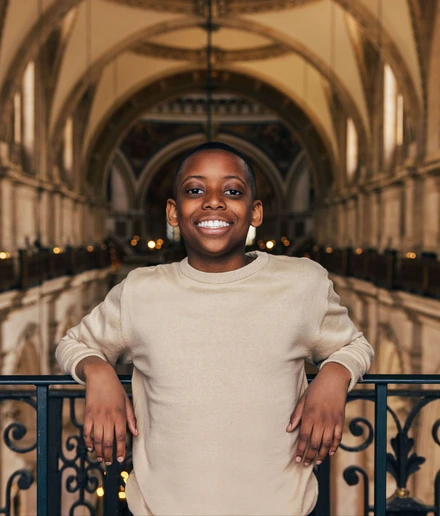
Malakai Bayoh performs Pie Jesu
The Exhortation
- Recited by National President Vice Admiral Sir Clive Johnstone KBE CB
They shall grow not old, as we that are left grow old,
Age shall not weary them, nor the years condemn.
At the going down of the sun, and in the morning
We will remember them.
ALL: We will remember them.
The Last Post
Two Minute Silence
- Silence is observed while the poppy petals fall.
Reveille
The Dedication
- Led by National President Vice Admiral Sir Clive Johnstone KBE CB
When you go home tell them of us and say:
For your tomorrow we gave our today.
Sunset
- The Bach Choir and Buglers from The Band of His Majesty's Royal Marines
The Blessing
- Led by Reverend Scott Brown CBE, National Chaplain to the Royal British Legion
The National Anthem
God save our gracious King!
Long live our noble King!
God save the King!
Send him victorious,
Happy and glorious,
Long to reign over us,
God save the King.
Acknowledgements
National President
Vice Admiral Sir Clive Johnstone KBE CB
National Chair
Jason Coward
National Vice Chair
Lynda Atkins
Director General
Charles Byrne
RBL Festival Executive Producer
Gary Ryan
RBL Festival Producer
Philippa Rawlinson
Festival Musical Director
David Cole MVO OBE RM
Festival Assistant Musical Director
Simon Haw MBE
Creative Director, BBC Events
Claire Popplewell
BBC Executive Producer
Leanne Witcoop
BBC Festival Producer
Rosheen Archer
Royal Albert Hall Chief Executive
James Ainscough


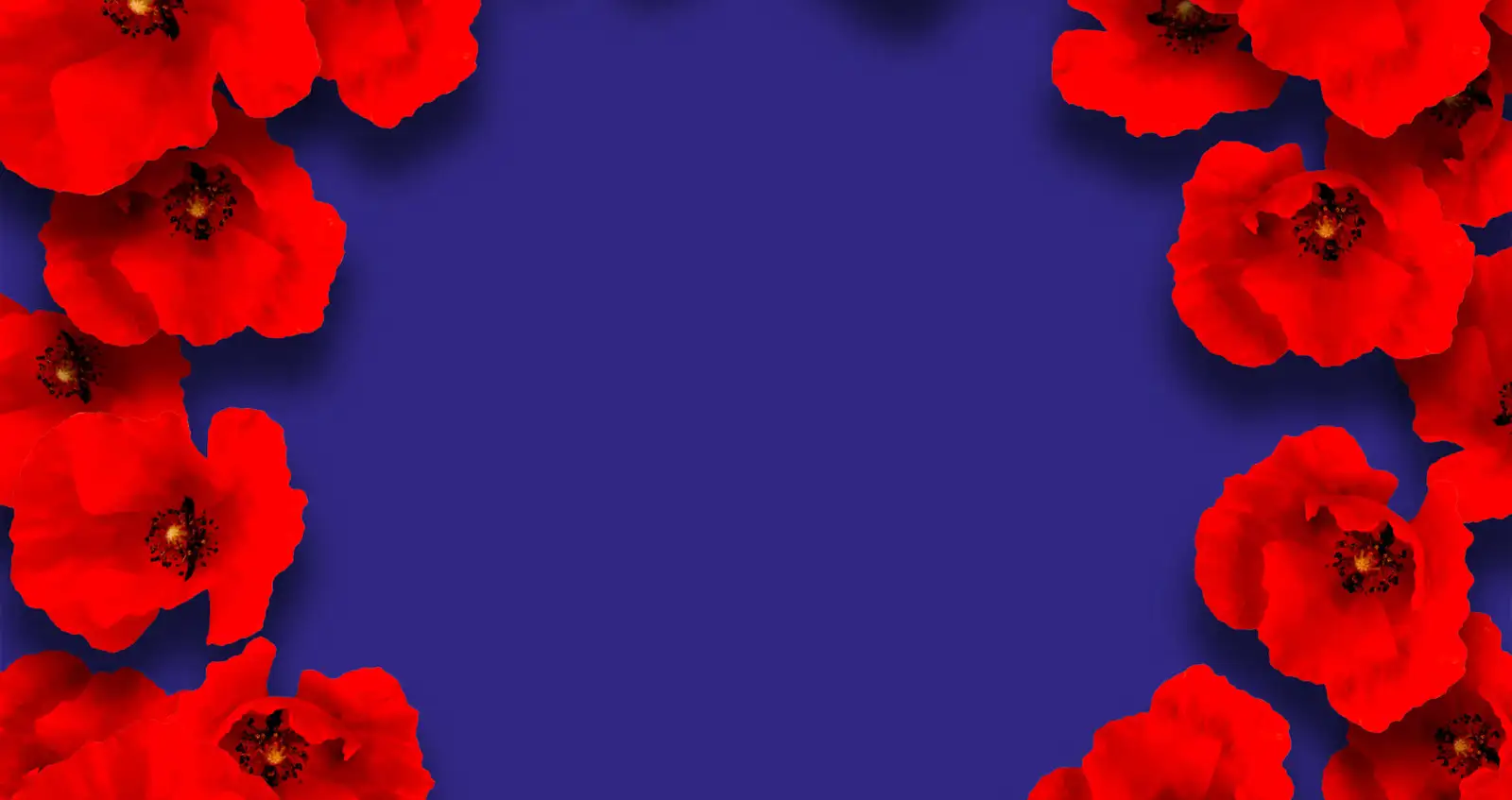
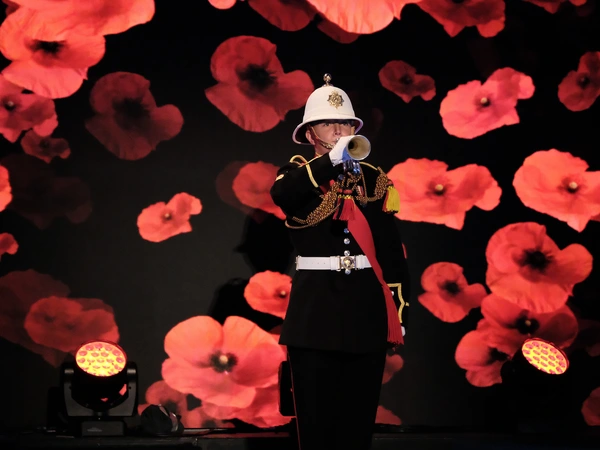
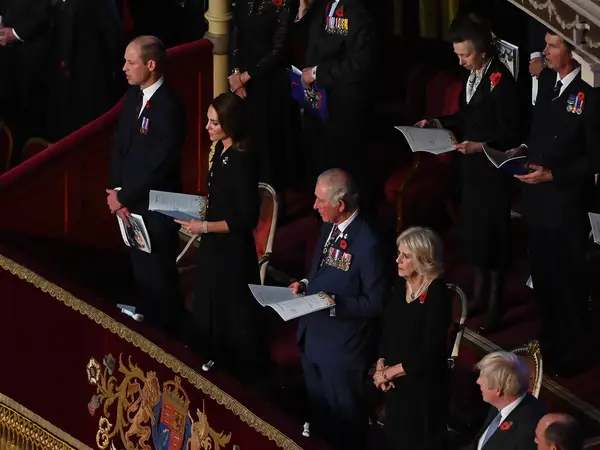
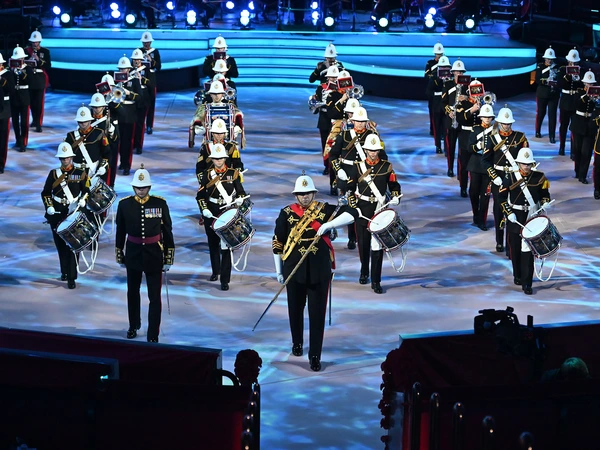
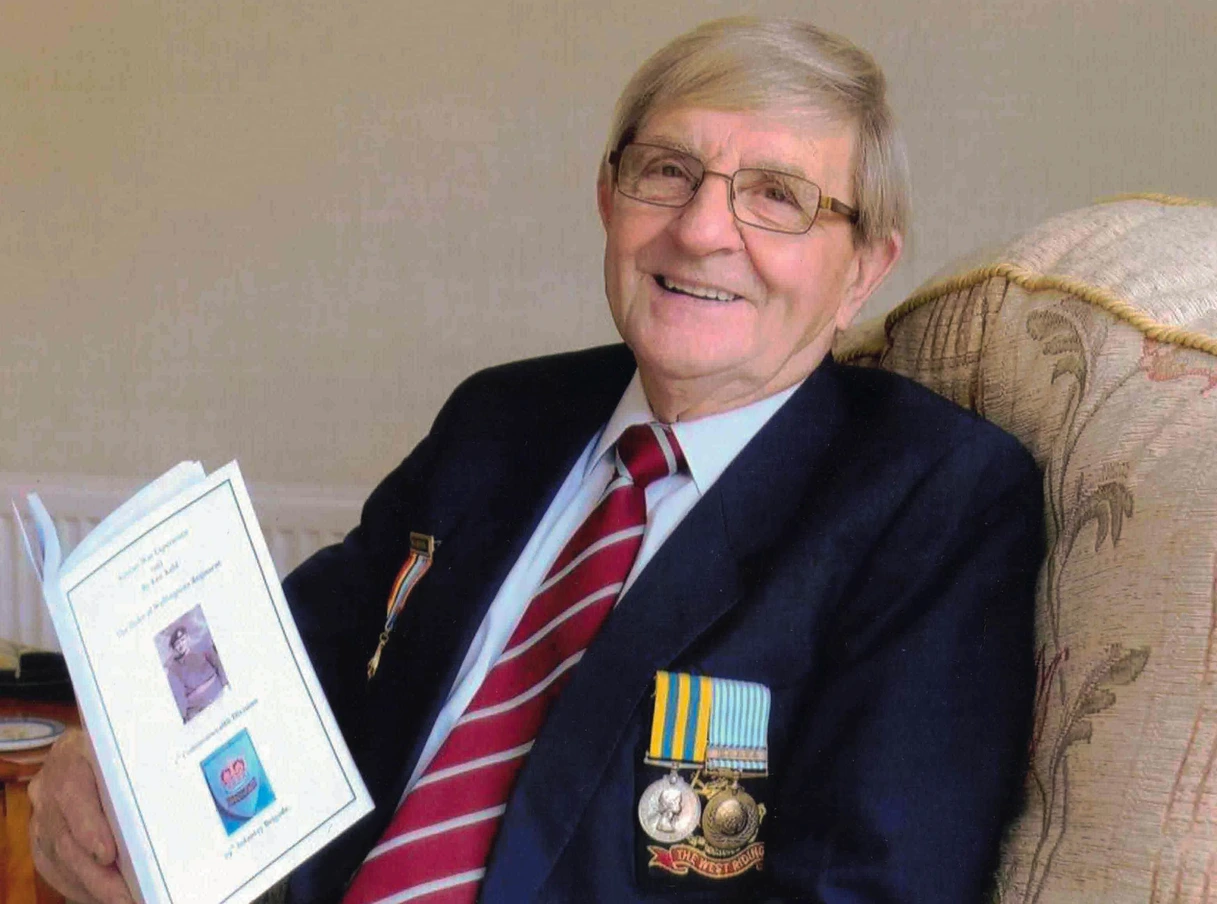
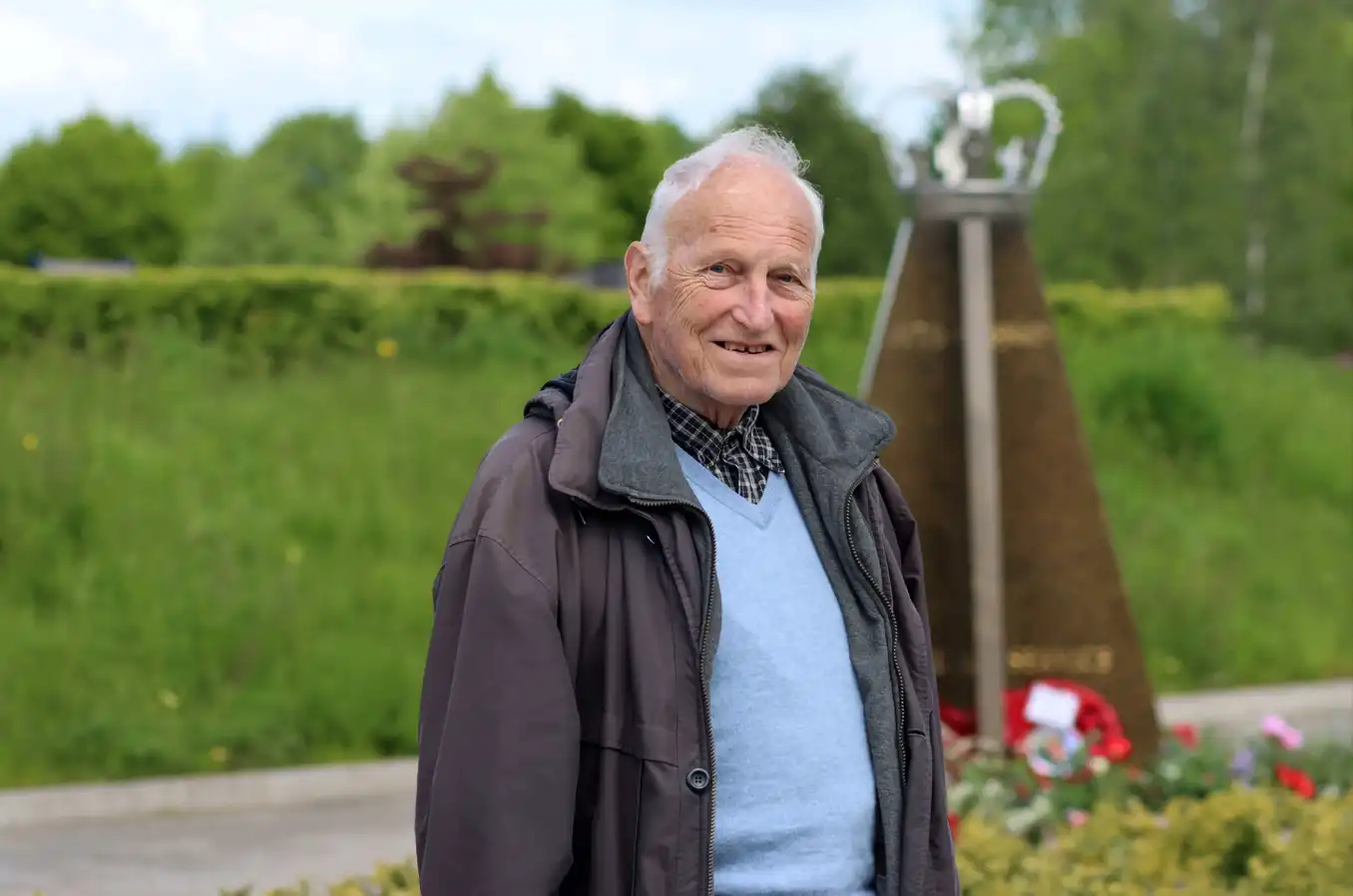
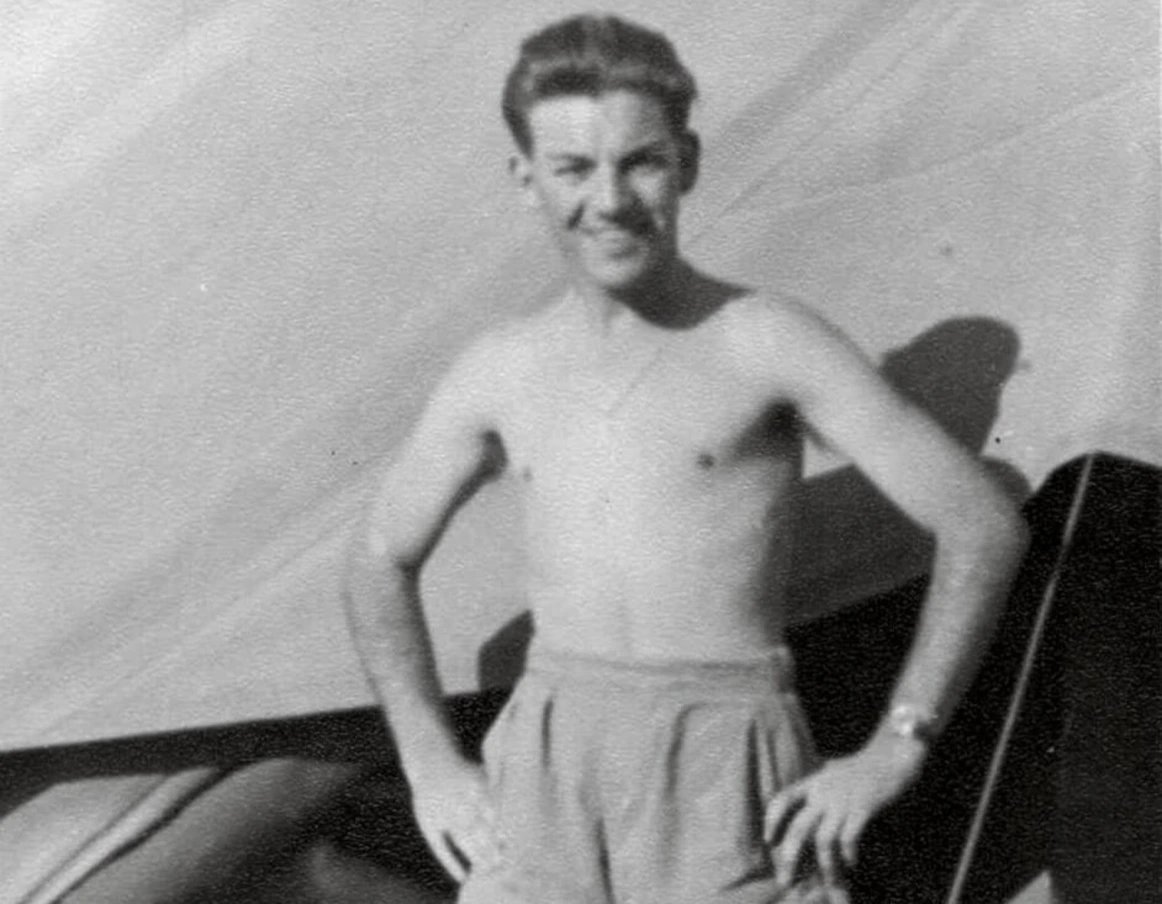
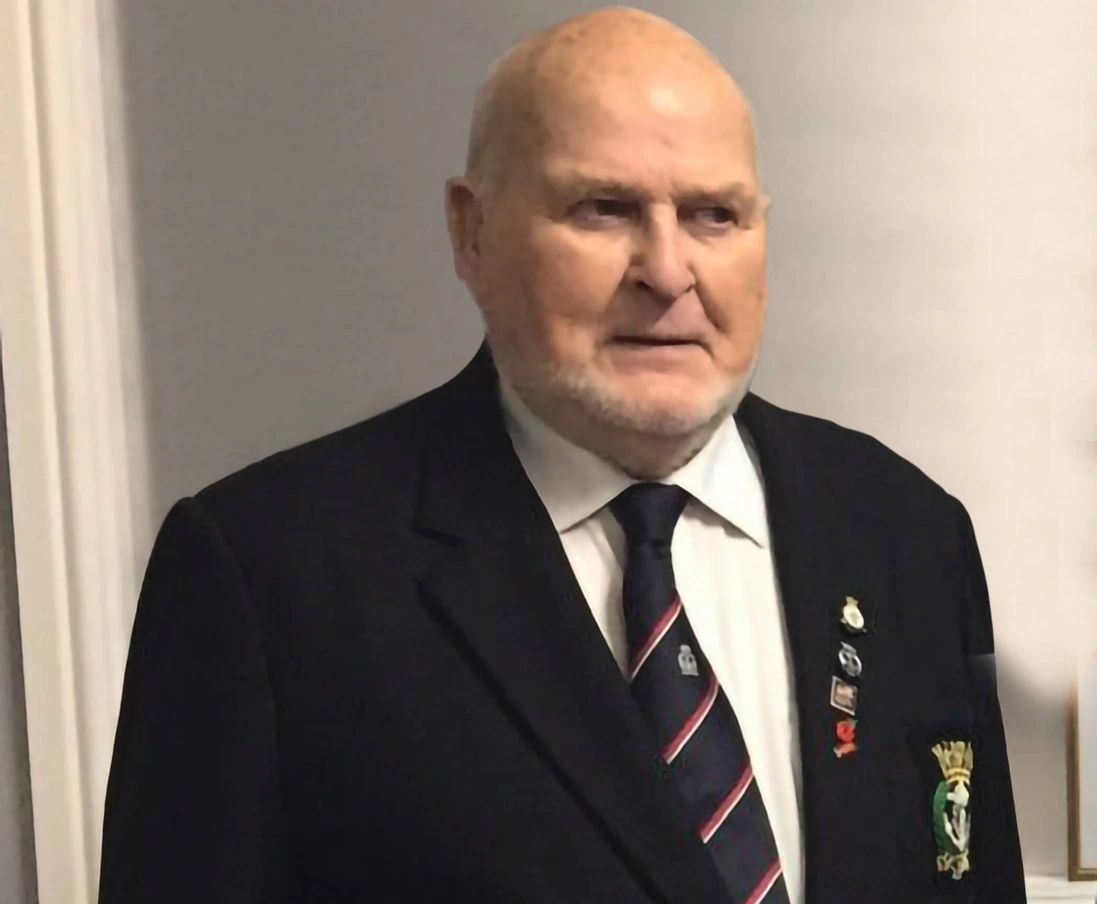
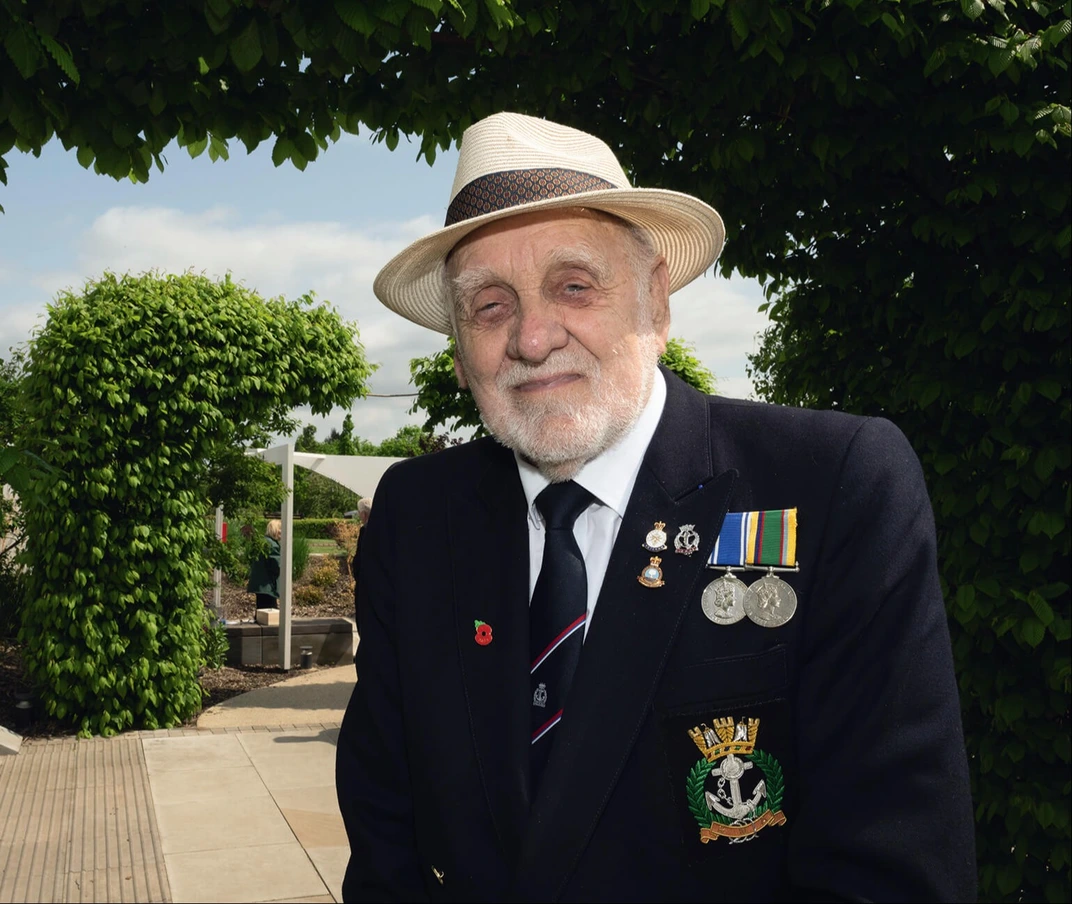
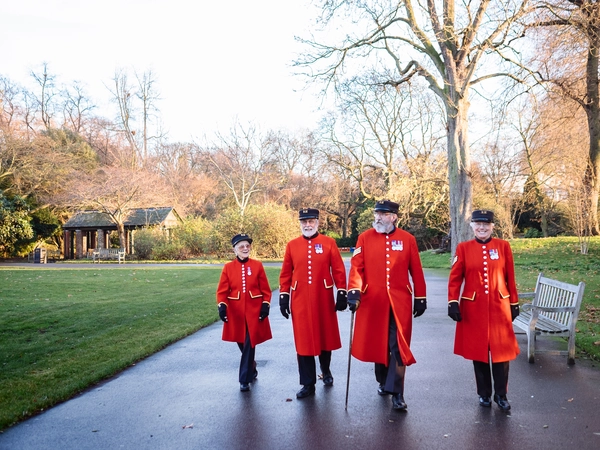
.jpg?sfvrsn=55bebd3b_2&method=CropCropArguments&width=600&height=450)
